What are the risks of a US-China economic war? And is a “mutual” trade conflict possible?
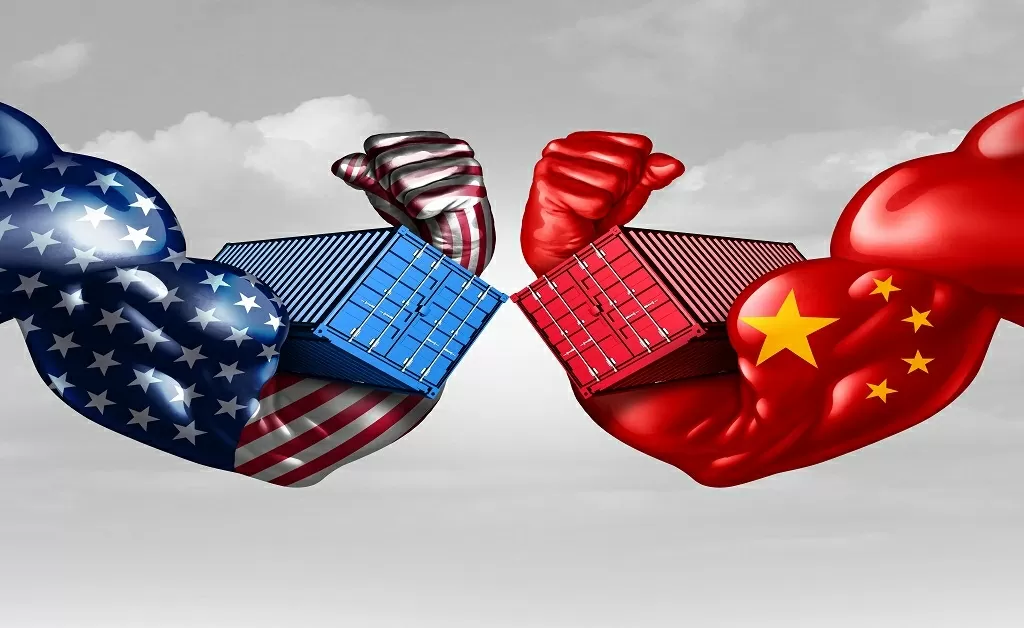 |
| Do the US and China both want a mutually destructive economic war? (Source: voxchina.org) |
The series of rapid tariff impositions between the US and China that took place just days after Donald Trump officially returned to power in the White House has increased global concerns about a new trade war between the world's two largest economies.
However, while experts say the trade war is likely to escalate, they also offer hope that the initial “war moves” by the two arch-rivals could still yield trade deals and “nods” on other important issues, preventing a larger conflict.
"Martial arts" show
After the Trump administration's 10% additional tariffs on Chinese imports took effect on February 4, Beijing immediately announced a 15% tariff on US coal and liquefied natural gas, along with a 10% tariff on crude oil, agricultural machinery and some major automobiles, scheduled to take effect as early as February 10.
China has also imposed export restrictions on key minerals used in high-tech products; launched an antitrust investigation into Google; and placed two US companies on its list of “unreliable entities” — PVH Group, which owns Calvin Klein and Tommy Hilfiger, and Illumina, a biotechnology company with offices in China.
However, it is noteworthy that the US has chosen to hit China with relatively modest tariffs, rather than tariffs of up to 60%, as President Trump had previously threatened.
For its part, Beijing has also softened the blow by targeting less important US sectors and is believed to still leave the door open for the parties to reach a deal.
“I think Trump backed off from the larger tariffs on Beijing because he saw clearly that it would eliminate any possibility of negotiation,” trade policy expert William Reinsch, former U.S. undersecretary of commerce for export administration and now a senior adviser at the Center for Strategic and International Studies, told CBS MoneyWatch .
This expert analyzed that Mr. Trump's proposal of higher tariffs would lead to a halt in trade flows and that America's opponents would essentially consider it an act of economic war. Therefore, the head of the United States has "fixed the number of 10%", not blocking future negotiations and still sending a signal.
For now, Wall Street investors are also calmly accepting new trade sanctions from both sides, but are also betting that neither Mr. Trump nor Chinese President Xi Jinping wants to start a mutually destructive economic war.
"Right now, it's all talk. This is the negotiation phase," said Bill Dendy, chief financial strategist at Raymond James. "It's like two brothers who start talking shit about each other and they're going to start throwing punches, but they don't want to hurt each other. It's not good for anyone if things get out of hand."
Julian Evans-Pritchard, head of China economics at Capital Economics, told investors in a report that China's retaliatory measures "have clearly been calibrated to try to send a negotiating message to the US and get the message across to the domestic audience, without doing too much damage."
Even such efforts, aimed at averting a full-blown trade war, could falter, prompting Mr. Trump to continue pursuing a harder line against China, which he has long accused of using a range of unfair practices to disadvantage American businesses and workers.
The game "on the edge"
Former Deputy Secretary William Reinsch hopes President Trump and the Chinese leader will discuss a deal that could lead to the removal of tariffs or at least a pause.
"All of these moves are negotiating leverage. The goal is to force the other side to come to the table to negotiate whatever Trump wants, and he's very good at playing the 'brink' game. He goes right to the brink like he did with Canada and Mexico, and then takes a step back in a way that allows him to declare victory," Reinsch analyzed.
To step up efforts to curb the flow of illegal drugs and migrants across the US border as requested, “President Claudia Sheinbaum has agreed to immediately send 10,000 Mexican troops to the US-Mexico border,” Trump wrote on the social network Truth Social.
Meanwhile, Canadian Prime Minister Justin Trudeau said Ottawa will invest $1.3 billion to better protect its southern border.
So, "both Prime Minister Trudeau and President Sheinbaum realized that this was a way to 'play' the US leader. If Mr. Trump was given an exit where he could say 'okay, I won', he would accept it and that's what happened," said the former US Deputy Secretary of Commerce.
Will such moves ultimately work against China?
After all, during Trump's first term as President, he repeatedly imposed tariffs on goods from China, and each time Beijing retaliated, but nothing progressed after that.
"This is the fifth time in a row that Beijing has retaliated against tariffs, rather than making the necessary reforms that China wants. The first four times were all in Trump's first term, and none of them resulted in any change. At some point, President Trump needs to realize that tariffs are not going to get him what he wants from China," said Ryan Young, senior economist at the Competitive Enterprise Institute, an advocacy group that advocates for lifting trade restrictions.
Whether Chinese leader Xi Jinping is willing to bend to his rival’s wishes this time around remains to be seen. But the risks of an escalation in the US-China trade war are already significant, including rising inflation.
And according to the conclusion of two experts William Reinsch and Bill Dendy, unless the two superpowers find a breakthrough, American consumers will be the ones to suffer the greatest damage.
“If we continue with these developments, it could be very detrimental to the American consumer. It is the consumer who will pay for these tariffs, because the costs are not easily absorbed by industries that already have tight profit margins. Americans could have to pay more for their technology items, as well as clothing and other things,” said Dendy.
Meanwhile, expert Reinsch said that increasing tariffs could slow US economic growth and reduce inflation as consumers and businesses cut spending.
International observers commented that both giants certainly know the limits of an economic war, but they do not know when the leaders' "game" will end.
According to calculations by the Peterson Institute for International Economics, imposing a 10% tariff on China, along with a 25% tariff on imports from Canada and Mexico (currently suspended), would cost the average US household more than $1,200 a year.
Source: https://baoquocte.vn/thang-tay-ra-don-my-trung-quoc-deu-muon-mot-cuoc-chien-tranh-kinh-te-huy-diet-doi-thu-303390.html























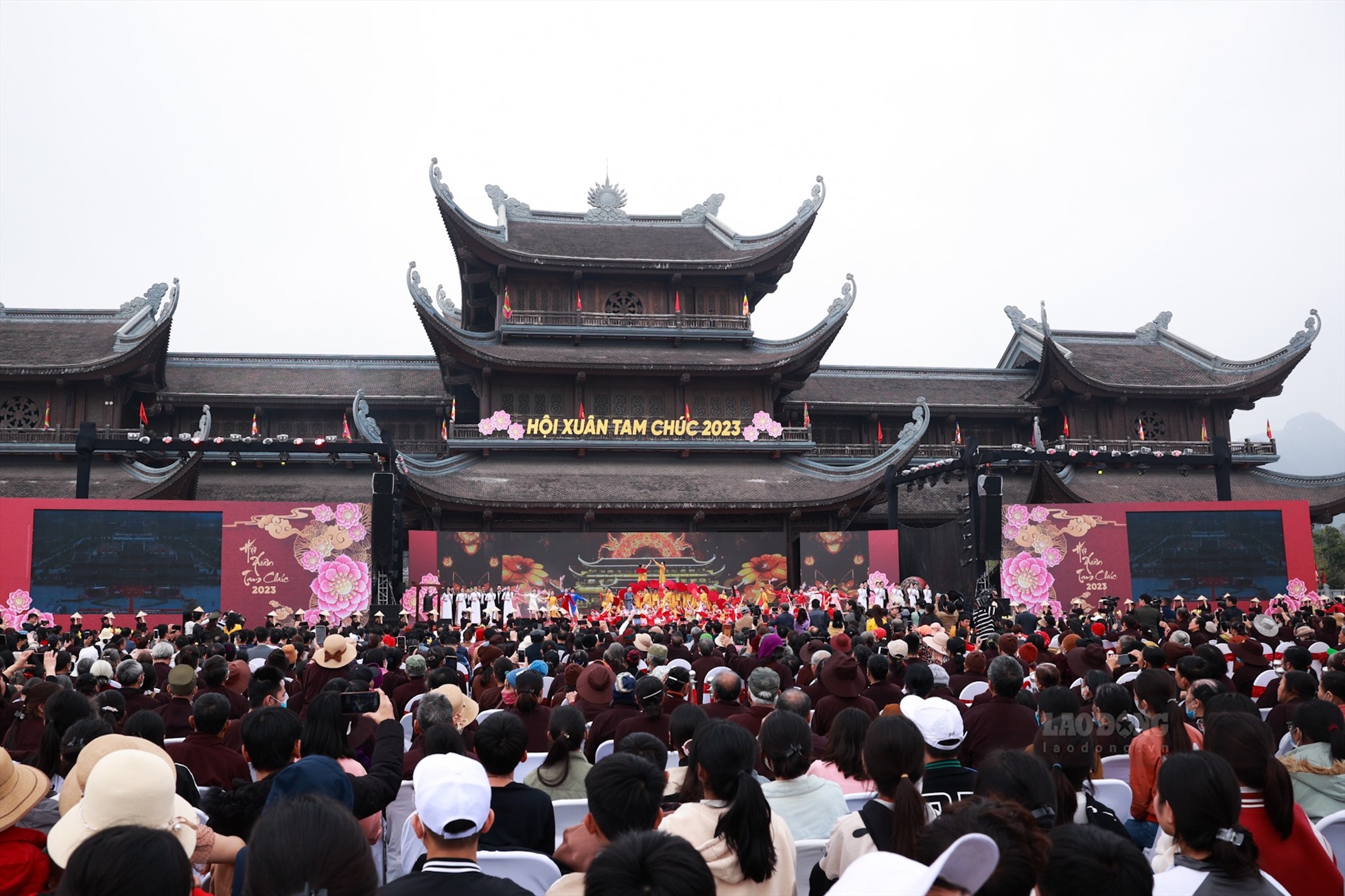







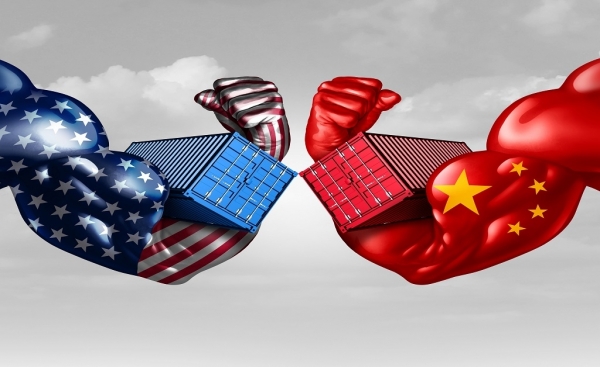
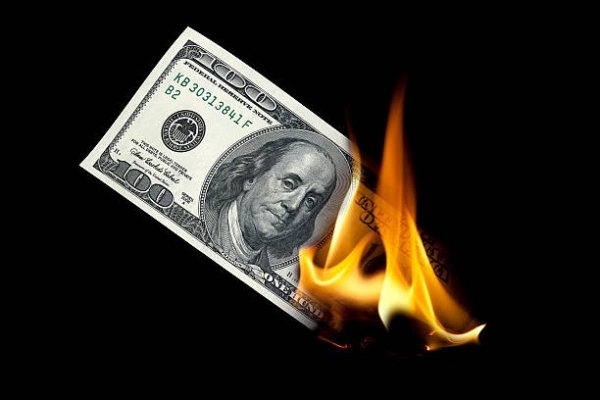
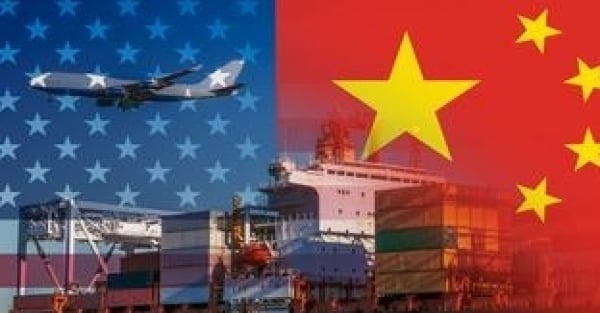

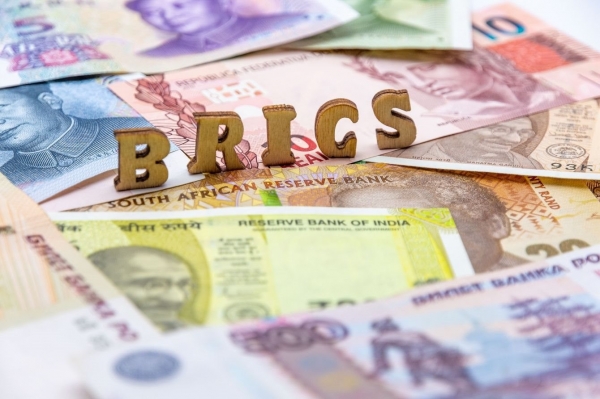



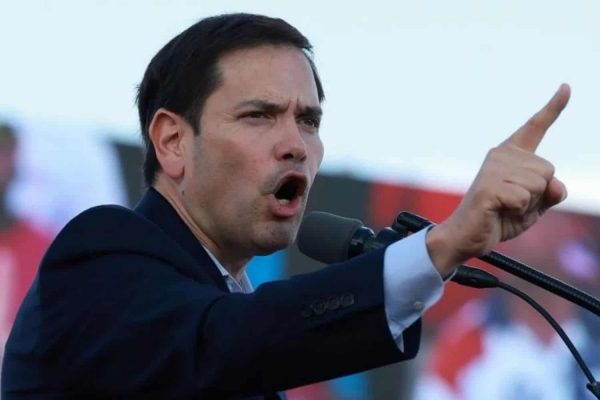














Comment (0)